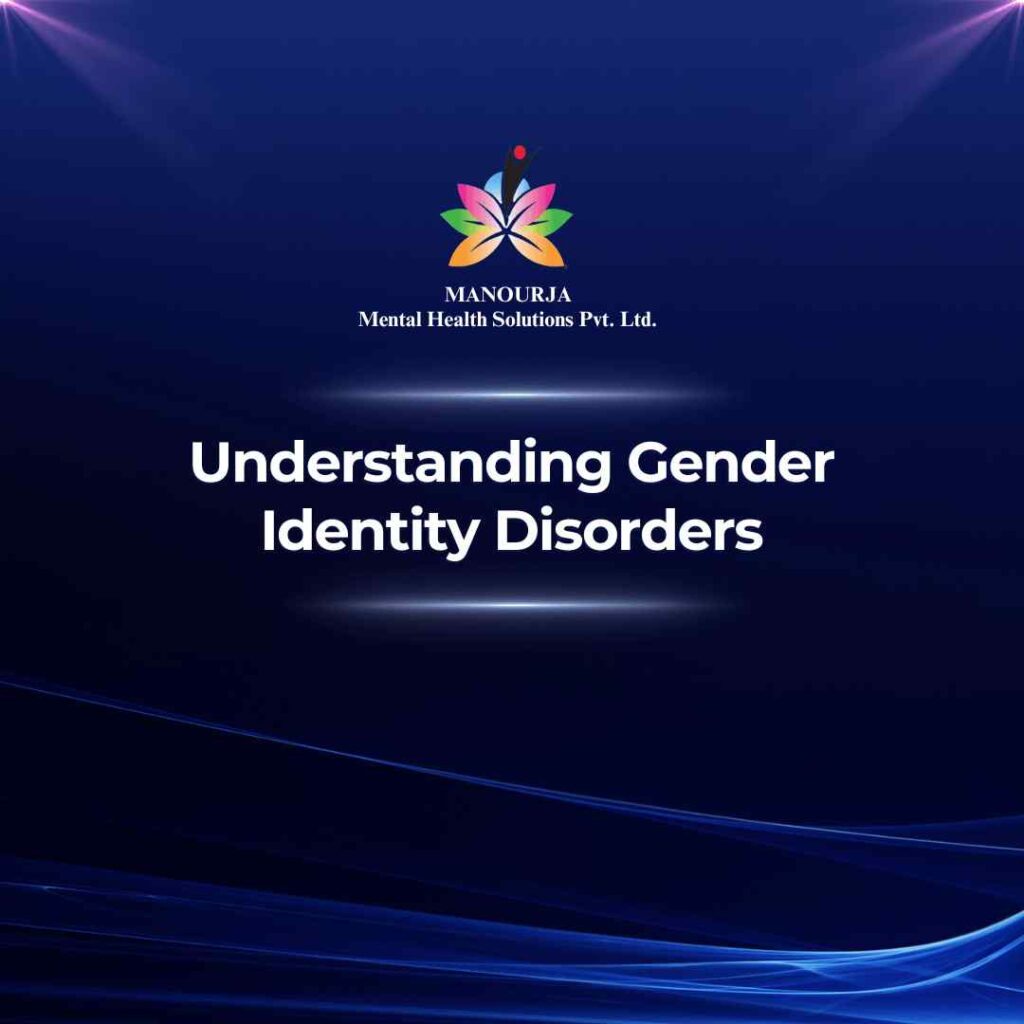Understanding Gender Identity Disorders

The term “Gender Identity Disorder” (GID) was previously used to describe what is now more commonly referred to as “Gender Dysphoria” in diagnostic manuals such as the DSM-5 published by the American Psychiatric Association. The change in terminology from “Gender Identity Disorder” to “Gender Dysphoria” reflects an evolving understanding of the condition, focusing more on the distress experienced by the individual rather than implying that the identity itself is disordered.
Meaning and Definition of Gender Dysphoria (Formerly Gender Identity Disorder)
Gender Dysphoria is characterized by a significant discomfort or distress caused by a discrepancy between a person’s gender identity and their sex assigned at birth. Gender identity refers to one’s deeply-felt internal experience of gender, which may or may not correspond with the sex they were assigned at birth.
Criteria for Gender Dysphoria
According to the DSM-5, the criteria for diagnosing Gender Dysphoria include:
- A dissimilarity between one’s experienced/expressed gender and assigned gender, lasting at least six months.
- A strong desire to be rid of one’s primary and/or secondary sex characteristics because of a marked dissimilarity with one’s experienced gender.
- A strong desire for the primary and/or secondary sex characteristics of the other gender.
- A strong desire to be of the other gender.
- A strong desire to be treated as the other gender.
- A strong view that one has the typical feelings and reactions of the other gender.
- The condition causes clinically significant distress or weakening of social, occupational, or other important areas of functioning.
Differences Between General Disturbance of Gender Identity and Gender Dysphoria
General Disturbance of Gender Identity can refer to a broader range of experiences where an individual might question their gender identity or experience confusion regarding their gender, but without the persistent distress or impairment required for a diagnosis of Gender Dysphoria. Here are some distinctions:
- Intensity and Duration: Individuals with general disturbances in gender identity might experience temporary confusion or questioning of their gender identity. In contrast, Gender Dysphoria involves a persistent and intense experience of gender incongruence.
- Distress and Impairment: The key difference is the presence of significant distress or impairment in daily functioning, which is a criterion for Gender Dysphoria but not necessarily present in general gender identity questioning.
- Need for Clinical Attention: General disturbances in gender identity do not always require clinical intervention, and many people resolve these feelings on their own or with support from peers or community resources. However, Gender Dysphoria often necessitates professional intervention due to the significant distress and impairment involved.
Treatment
Treatment for Gender Dysphoria may include psychological counseling, hormone therapy, and, for some, various forms of surgery. The goal of treatment is to alleviate distress by helping the individual live comfortably in their experienced gender. Supportive psychotherapy can also be employed to help individuals explore their gender identity, cope with associated stress, and improve overall mental well-being.
The transition from the term “Gender Identity Disorder” to “Gender Dysphoria” in clinical settings represents a significant shift towards a more respectful and patient-centered approach to the treatment of gender-related health issues. This move acknowledges that the issue lies not in the gender identity itself but in the societal response and personal distress experienced by the individual.
At MANOURJA, we believe in the transformative power of counseling. Our experienced therapists offer a safe and supportive space where you can explore your thoughts, emotions, and challenges. Through personalized counselling sessions, we’ll work together to develop coping strategies, build resilience, and achieve lasting positive change. Discover the path to a healthier, happier you with MANOURJA counselling services.
MANOURJA Rehabilitation Services
At MANOURJA, we’re dedicated to helping you in rebuild your life, after difficult times. Our rehabilitation services focus on understanding what you need to move forward, whether you’re recovering from addiction, trauma, or any psychological – social challenges. We create personalized plans, that are all about helping you, regain your strength and find hope again. With a caring team by your side, you’ll have the support to make real progress and take steps toward a brighter, healthier future.
